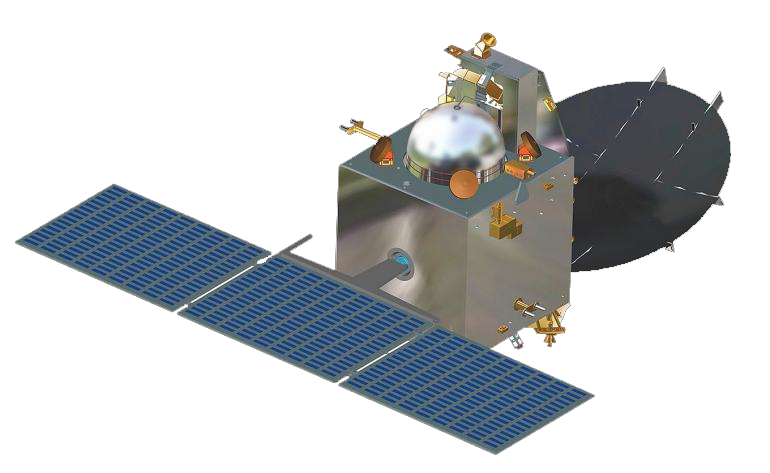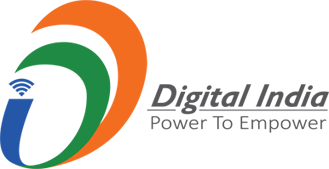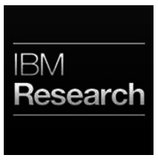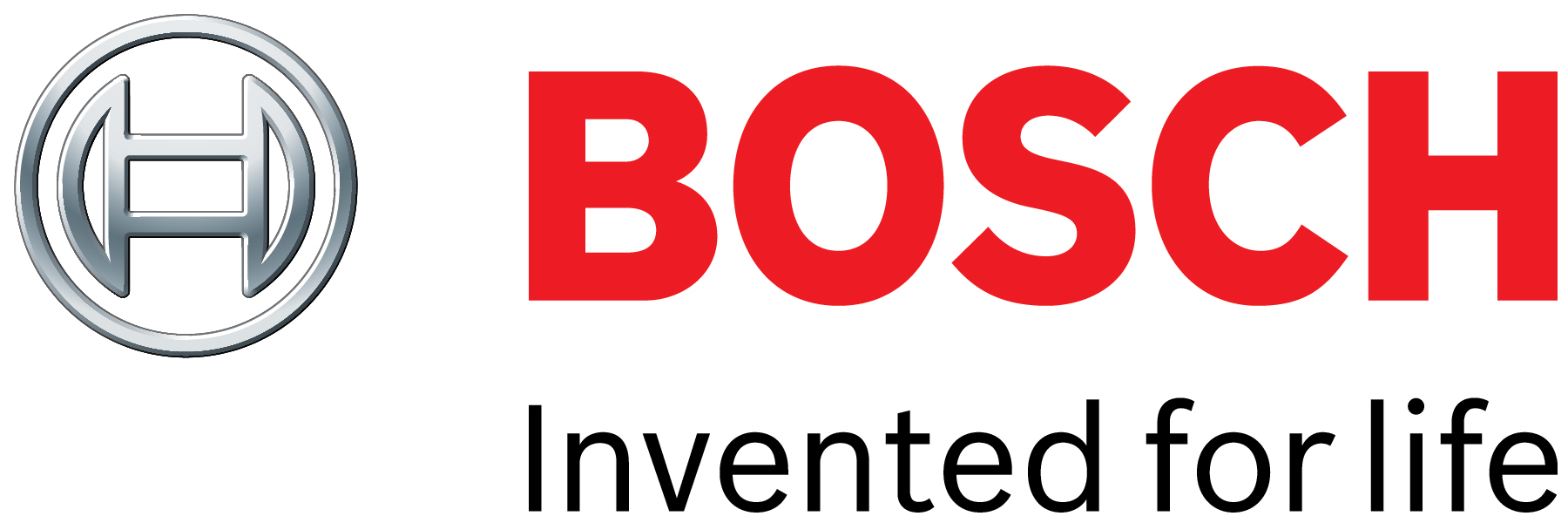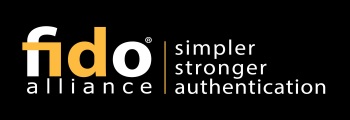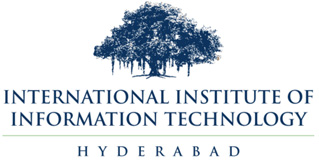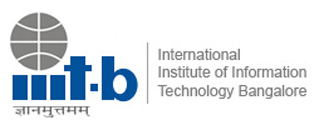Social Networking Workshop
Workshop Date: January 8, 2017
Social networking is profoundly changing the way people communicate and interact on a daily basis. Online social networks are serving as a vital means for supporting information and resource sharing, aiding discovery of connected individuals, improving communication between globally dispersed individuals, and even measuring scientific impact.A significant fraction of mind-share in the form of applications, diverse access interfaces, and a large economic ecosystem has developed around this field. Going past the simple characterization and enumerationof properties, the networking research community has shown significant interest in attacking various problems associated with social networks. The proposedworkshop strives to bring together academic, R&D, and industry researchers from these disciplines to address both the science and engineering challenges associated with the rapidly evolving domain of social networking.This year thesocial network workshop will have a special focus on social sensing. In recent years, there has been a large number of new sensor applications that collect data which can be directly associated with human interactions. Examples include GPS applications on mobile devices, or location sensors designed to track human or vehiculartraffic. This allows for the building of rich applications where one can use the sensor data in order to model the underlying relationships and interactions in the form of networks, and in particular, time/location-varying networks. However, this also might lead to a number of challenges and it is important to be ableto mine such data without violating the privacy of the users. Since the information contributed by users in social sensing applications is usually open in nature, this also leads to issues of trust in making inferences from the underlying data. The workshop shall focus on these issues and try to assemble world leaders in this area through keynote and invited talk sessions.
Topics of Interest:
The goal of this workshop is to facilitate cross-disciplinary discussionsof relevance to social networking, involving novel ideas and applications, andexperimental results. This workshop provides an opportunity to compare and contrast the ethological approach to social behaviour in human with web-based evidence of social interaction, perceptual learning, information granulation, the behaviour of humans and affinities between web-based social networks. This workshop welcomes contributions from researchers working on the followingtopics of interest, including, but not limited to:
- Automatic discovery and analysis of Web based social networks
- Visualization of social networks
- Social networks and social intelligence
- Link topology and site hierarchy
- Virtual and web communities and web site clustering
- Security, privacy and trust computational analysis of social networks
- Web-based cooperative work
- Knowledge community formation and support
- Intelligent wireless Web
- Social network analysis and mining of communities of practice
- Network evolution and growth mechanisms
- Information diffusion and knowledge transfer in social networks
- Epidemics and rumours in networks
- Geographical clusters, networks, and innovation
- Anomaly detection in social network
- Outlier detection in social network
- Quantifying success through social network analysis
- Multiplex and interdependent networks
- Computational models and agent-based simulations of networks
- High dimensional network analytics
- Big data techniques for social networks
- Strategic social networks and game theoretic models
- Networks based on social sensors
- Temporal and spatial networks
Submission Guidelines
- Submissions must be no greater than 6 pages in length including all figures, tables, and references and must be a PDF file. A minimum number of 3 pages are required.
- All papers must be electronically submitted via the social networking Workshop submission site on EDAS.
- Reviews will be single-blind: authors name and affiliation should be included in the submission.
- Submissions must follow the formatting guidelines as given on IEEE Website.
Authors of accepted papers are expected to present their papers at the workshop. Submissions must be original work not under review at any other workshop, conference, or journal.
Papers can be submitted through the submission site EDAS(to be updated).
- The paper formatting and submission instructions are the same as for the main conference.
- All workshop papers (full papers - both regular and invited) will appear in conference proceedings and submitted to IEEE Xplore as well as other Abstracting and Indexing (A&I) databases.
- Go to the EDAS submission portal for the Social Networking Workshop.
- The paper formatting and submission instructions are the same as for the main conference
How to Submit
Important Deadlines
| Submission Due | |
| Notification of Acceptance | |
| Camera-ready Version Due | Dec 15, 2016 |
| Workshop Date | Jan 8, 2017 |
Keynote Speaker
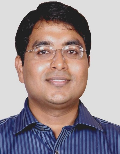
Krishna Gummadi
MPI-SWS, Germany
Invited Speakers

Matteo Marsili
ICTP, Italy

Aditya Telang
IBM Research, New Delhi

Balaraman Ravindran
IIT, Madras
Workshop Schedule
| Time | Activity | Speaker | |
| 09:00 AM - 09:30 AM | Inaugration | ||
| Session - 1 | |||
| 09:30 AM - 10:30 AM | Keynote | Discrimination in Decision Making: Man vs. Machine Krishna Gummadi MPI-SWS, Germany |
|
| 10:30 AM - 11:00 AM | Tea Break | ||
| Session - 2 Chair : Niloy Ganguly |
|||
| 11:00 AM - 11:45 AM | Invited Talk - 1 | The efficiency of the peer review network: The case of JHEP Matteo Marsili ICTP, Italy |
11:45 AM - 12:10 PM | Paper - 1 | Why a Socialbot is Effective in Twitter? A Statistical Insight. Mohd Fazil (Jamia Millia Islamia, New Delhi, India); Muhammad Abulaish(South Asian University, New Delhi, India) |
| 12:10 PM - 12:35 PM | Paper - 2 | I may talk in English but gaali toh Hindi mein hi denge: A study of English-Hindi Code-Switching and Swearing Pattern on Social Networks Jeenu Grover (Indian Institute of Technology Kharagpur, India); Prabhat Agarwal (Indian Institute of Technology Kharagpur, India); Ashish Sharma (Indian Institute of Technology Kharagpur, India); Mayank Sikka (Indian Institute of Technology Kharagpur, India); Koustav Rudra (Indian Institute of Technology, Kharagpur, India); Monojit Choudhury(Microsoft Research, India) |
|
| 12:35 PM - 01:00 PM | Paper - 3 | Modeling Creativity in Social Networks Akhil Shetty (Indian Institute of Technology Bombay, India); Sharayu Moharir (Indian Institute of Technology Bombay, India) |
|
| 01:00 PM - 02:00 PM | Lunch Break | ||
| Session - 3 Chair : Jean-Loup Guillaume |
|||
| 02:00 PM - 02:45 PM | Invited Talk - 2 | Some studies using hypergraphs for modeling multi-way relations Balaraman Ravindran IIT Madras |
|
| 02:45 PM - 03:10 PM | Paper - 4 | Friends are Forever? Evolution of Active Friendship Clusters in Online Social Networks. Haritabh Gupta (IIT Kharagpur, India); Shamik Sural (IIT Kharagpur, India); Niloy Ganguly (IIT Kharagpur, India); Jaideep Vaidya(Rutgers University, USA) |
|
| 03:10 PM - 03:35 PM | Paper - 5 | Target Specific Influence Maximization: An Approach To Maximize Adoption In Labeled Social Networks Tejaswi V (NITK, Suratkal, India); PV Bindu (India & National Institute Technology, Karnataka, India); Santhi Thilagam P. (National Institute of Technology Karnataka & Surathkal, India) |
|
| 03:35 PM - 04:00 PM | Paper - 6 | Social Network Visualization: Does Partial Edges Affect User Comprehension? Mithileysh Sathiyanarayanan (City, University of London, United Kingdom) |
|
| 04:00 PM - 04:30 PM | Tea/Coffee Break | ||
| Session - 4 Chair : Animesh Mukherjee |
|||
| 04:30 PM - 05:15 PM | Invited Talk - 3 | Social Media Research & Analytics Aditya Telang IBM, IRL |
|
| 05:15 PM - 05:40 PM | Paper - 7 | Efficient Twitter Sentiment Classification using Subjective Distant Supervision Chinmay Chandak; Tapan Sahni; Naveen Reddy; Manish Singh (IIT Hyderabad, India) |
|
| 05:45 PM - 06:00 PM | Closing/ Best Paper Decisions | ||
Workshop Co-Chairs

Animesh Mukherjee
IIT Kharagpur

Jean-Loup Guillaume
University of La Rochelle, France
-
Pawan Goyal, IIT Kharagpur, India
-
Bivas Mitra, IIT Kharagpur, India
-
Saptarshi Ghosh, MPI-SWS, Germany
-
Amitabha Bagchi, IIT Delhi, India
-
Sanjukta Bhowmick, University of Nebraska, Omaha
-
Bibhas Adhikari, IIT Kharagpur, India
-
Sayan Ranu, IIT Madras, India
-
Balaji Vasan, Adobe Research, Bangalore
-
Lionel Tabourier, LIP6, France
-
Saketha Nath, IIT Bombay, India
-
Maya Ramanath, IIT Delhi, India
-
David Gleich, Purdue University, USA
-
L V Subramaniam, IBM-IRL, India
-
Piyush Rai, IIT Kanpur, India
-
Purushottam Kar, IIT Kanpur, India
-
Arindam Pal, TCS Innovation Labs, Kolkata
-
Lipika Dey, TCS Innovation Labs, Kolkata
-
Indrajit Bhattacharya, IBM-IRL, Bangalore
-
Rahul Agarwal, Microsoft Ad Labs, Bangalore
-
Guy Melancon, LaBRI, France
-
Rushed Kanawati, LIPN, France
-
Tanmoy Chakraborty, UMD, USA
-
Mithileysh Sathiyanarayanan, University of London, UK
